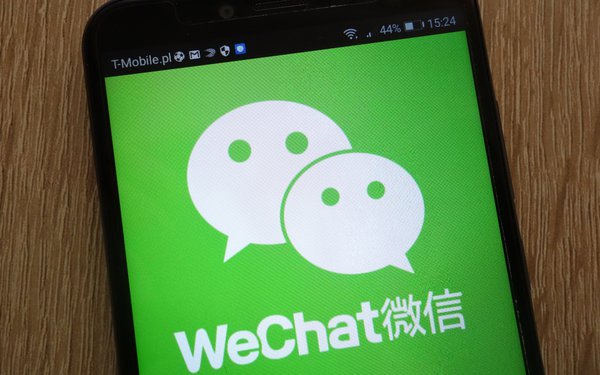
An injunction that blocks the government from enforcing a ban on
WeChat downloads “improperly hampers” efforts to combat foreign spying, the U.S. Department of Justice argues in new papers filed late last week with a federal appellate court.
“Espionage by our foreign adversaries poses a significant threat to the security,” the Justice Department writes, adding that WeChat provides Chinese authorities “with a powerful
avenue to collect vast amounts of sensitive personal data that can then be used to the detriment of all Americans.”
The Justice Department is asking the 9th Circuit Court of Appeals to
reverse U.S. District Court Magistrate Judge Laurel Beeler's injunction that bars the government from enforcing a ban on WeChat downloads.
“The district court’s preliminary
injunction rests on legal errors, improperly hampers those efforts, and facilitates a foreign power’s ability to threaten the security interests of the nation,” the government writes in
papers filed late last week with the 9th Circuit.
advertisement
advertisement
That court previously rejected the White House's request to immediately lift Beeler's injunction, but is slated to consider the ban again at a
hearing in January.
The dispute over WeChat dates to August, when President Trump claimed in an executive order that the Chinese-owned messaging service poses a security risk. The Commerce
Department subsequently ordered app marketplaces to take down the app.
A group of WeChat users challenged the order in court, arguing the app is essential to Chinese speakers in the U.S.
Beeler sided with the challengers on First Amendment grounds. She said in
her ruling that WeChat “is irreplaceable for its users in the U.S., particularly in the Chinese-speaking and Chinese-American community.”
Beeler also said the government hadn't
shown that banning the app was necessary to address the potential security concerns.
The Justice Department is asking the 9th Circuit to reverse Beeler's order, arguing that the ban on new
downloads doesn't violate the First Amendment for several reasons. Among others, the government says the ban doesn't prevent people “from communicating their ideas in other ways, including
through the full panoply of social-media platforms and other technologies that remain available.”
The government also argues that Beeler didn't adequately take into account the White
House's judgment about national security threats.
The WeChat users are expected to file a response by November 27.